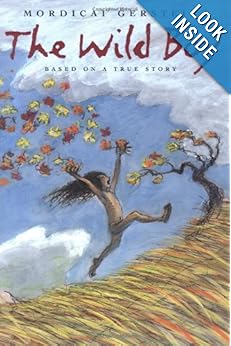QUIET - 2
Two schools of thought seem to surround QUIET.
For some, “QUIET!” sounds like a stern admonition to cease
and desist from all things fun and noisy.
For others, “QUIET!” sounds like balm for the soul – a
blessed relief from the barrage of busy noise that assails them on all sides.
And the same opposing views surround the whole issue of
QUIET books.
Some editors and agents malign QUIET books. “Too quiet,” is a common reason for
rejecting a manuscript. Quiet books
don’t sell well, they say. Publishers want
books with more action, more drama, more excitement – all of which will sustain
attention spans, warrant multiple readings, and of course, sell more
books! Or so the theory goes!
There are others (myself included) who believe in QUIET
books.
QUIET books, like the state of
QUIET itself, have power.
What they lack
in excitement and suspense, they compensate for with poignancy, with moments
that make us pause, ponder, and wonder. Pondering and wondering are fast becoming obsolete in this
age of Google, where the greatest sin of all is to admit,
“I don’t know.”
Good stories can remind us that not all things can or should
be Googled. Not all things can or should
be measured. Our world brims with
mystery and wonder and often the best response to such mystery is……SILENCE.
We all have experienced times in our lives when words fail
us. In the face of immense beauty or gut-wrenching tragedy, words seem out of
place, like an unwelcome guest. A priest
friend of mine says that when people are in the midst of grieving and sorrow,
we should not even try to utter words, for there are none that can possibly comfort. Instead, we should bring only our
silent presence –
hover, hush, and hug.
Not an easy thing to do in our culture that clamors for answers to the
mystery of suffering!
Our world has led us to believe that busy is good, that
the hum of voices, and the clatter of tools equates with productivity. But
remember what Socrates warned,
“Beware of the barrenness of a busy life.”
We link work with a
tangible, quantifiable product. We are
more comfortable with that which can be measured, defined, and quantified, than
something more elusive, such as an idea simmering or an image being created.
It's interesting to note that Americans use the word, VACATION for that period of non-working time, whereas I grew up in Scotland using the word, HOLIDAY.
VACATION - comes from the Latin, VACARE, meaning to empty.
HOLIDAY - comes from the Old English, HOLY DAY ( a time to RE-CREATE). Hmm, different ways of looking at the whole issue of being versus doing.
It's interesting to note that Americans use the word, VACATION for that period of non-working time, whereas I grew up in Scotland using the word, HOLIDAY.
VACATION - comes from the Latin, VACARE, meaning to empty.
HOLIDAY - comes from the Old English, HOLY DAY ( a time to RE-CREATE). Hmm, different ways of looking at the whole issue of being versus doing.
We are human BEINGS, not DOINGS, so we do need to find time
to BE so we can DO.
“The Quiet Book,” by Deborah Underwood is a beautiful
example of the power of QUIET. With
spare, poetic text, and enchanting illustration, this book explores the
different kind of quiets that fill a child’s day from morning to night. There is no dramatic storyline, no plot
twists and turns, no specific characters, no huge excitement – it is a quiet
book about all things quiet from a child’s perspective….and it is a New York
Times bestseller! So much for quiet
books not selling!
Some other quiet books that I love to read to kids.
"Life is not measured by the number of breaths we take, but by the number of moments that take our breath away.” ANON










Wonderful--a much appreciated post!
ReplyDeleteThanks, Tom. Have you read QUIET? I know you would love it
Delete